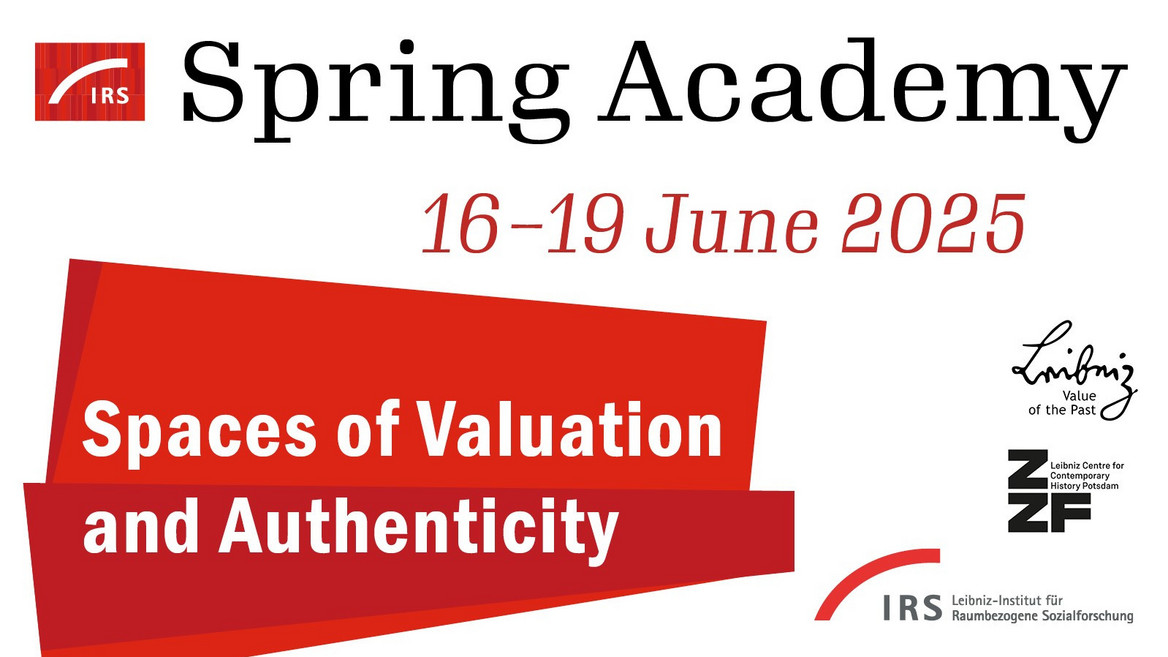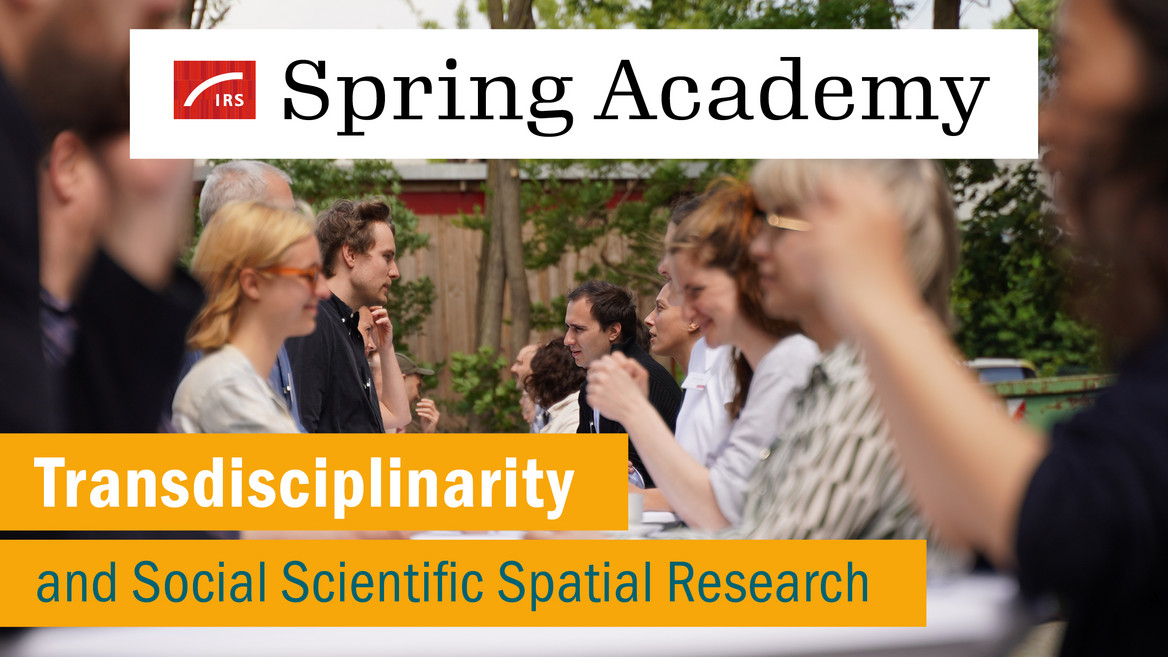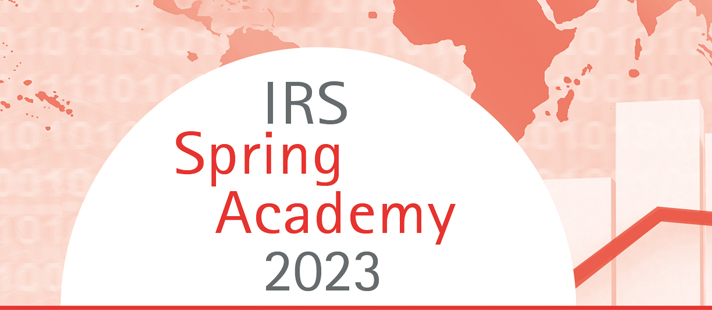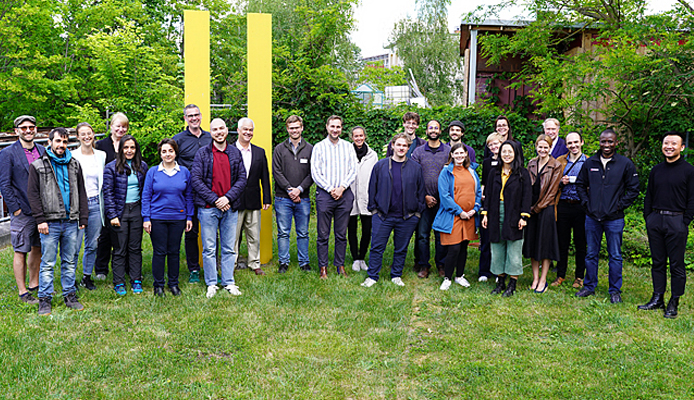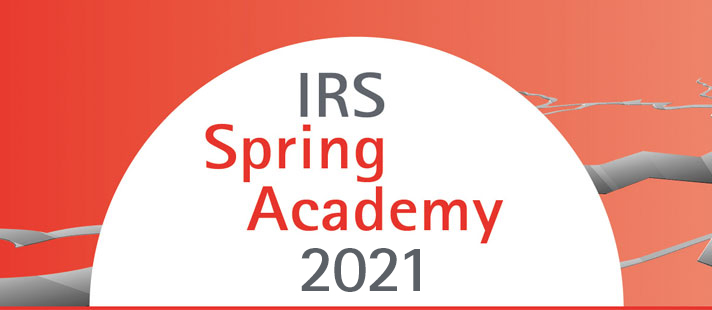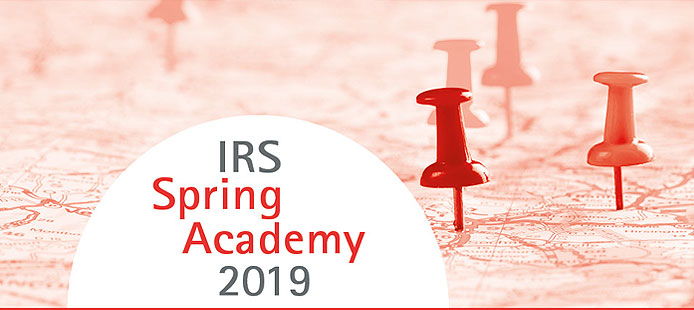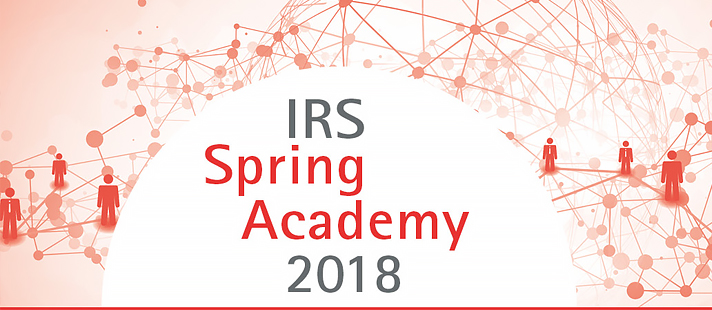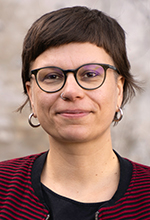Main Content
IRS Spring Academy: Investigating Space(s)

In recent decades the interdisciplinary field between spatial and social sciences has undergone an extraordinarily dynamic development with a high potential for innovation. On the one hand, many social-scientific disciplines performed a “spatial turn” and became more interested in integrating spatial concepts and terminology. On the other hand, disciplines like human geography or spatial planning, understand space less as an exclusive object of analysis and instead emphasis a “spatial perspective” as a shared ontological ground. This has opened up a broad “trading zone” within which novel conceptualizations of space and spatiality are negotiated in an interdisciplinary field.
Against this background, the Leibniz Institute for Research on Society and Space (IRS) together with different academic partners launches a series of annual Spring Academies titled “Investigating Space(s): Current Theoretical and Methodological Approaches”. This series of events gives early stages researchers the opportunity to discuss corrent theoretical and methodological trends in spatial research and to present his or her own research to an international audience.



